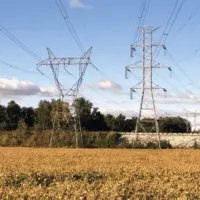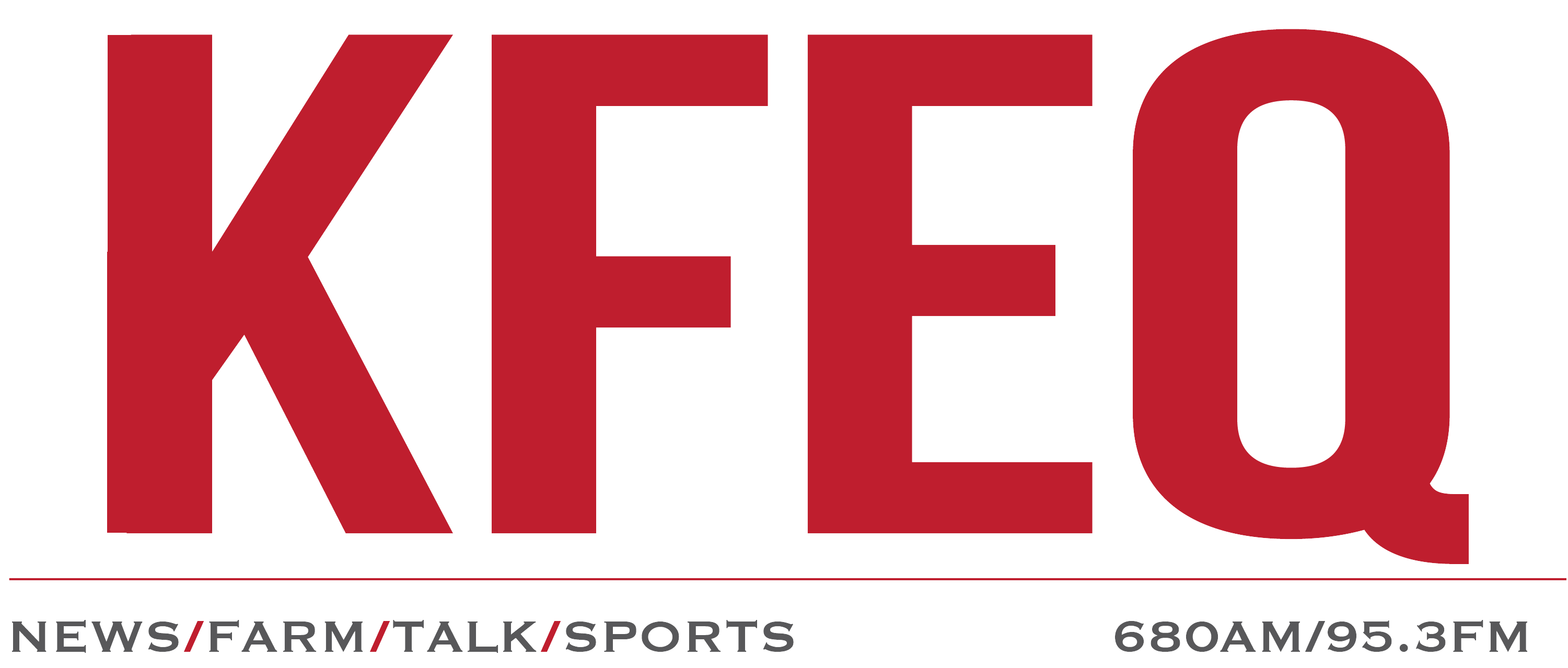
The U.S. Department of Energy announced Wednesday it was cancelling a conditional $4.9 billion loan for the Grain Belt Express, a planned transmission line designed to transport electricity generated by wind farms in Kansas across four states, including Missouri.
What this means for the future of the project is unclear. A spokesman for the company behind the transmission line, Illinois-based Invenergy, could not be immediately reached for comment.
The loan, which was issued by the Biden administration in November 2024, is being cancelled because “it is not critical for the federal government to have a role in supporting this project,” the department said in a news release announcing the decision.
News of the cancelled loan was celebrated by Republican U.S. Sen. Josh Hawley, who for years has criticized the project.
“The Grain Belt Express boondoggle loan has been cancelled,” Hawley wrote on social media.
Hawley previously claimed he secured a pledge from U.S. Energy Secretary Chris Wright that he would be “putting a stop to the Grain Belt Express green scam.”
In the works for more than a decade, Grain Belt Express is expected to run from southwest Kansas carrying renewable energy through Missouri and Illinois before ending at the Indiana border. When it approved the project, the Missouri Public Service Commission found that Grain Belt would save Missourians $17 billion in lower electric bills.
But to complete the project, the line needs to cross thousands of properties and requires easements on landowners’ properties across three states.
Invenergy says it has obtained the vast majority of those easements through voluntary negotiations with landowners. For the rest, the project was granted the right of eminent domain, a legal mechanism that allows utilities and governments to take land or easements from unwilling landowners and compensate them.
Grain Belt’s ability to use eminent domain has drawn the ire of Republican lawmakers and farm groups who fought to undermine the project at the Missouri General Assembly for years.
“This is a huge win for Missouri landowners and taxpayers who should not have to fund these green energy scams,” Missouri Attorney General Andrew Bailey posted on social media.
Invergy previously responded to Hawley’s criticism of the project with a post on social media calling the senator’s public comments “bizarre.”
“Senator Hawley is attempting to kill the largest transmission infrastructure project in U.S. history, which is already approved by all four states and is aligned with the president’s energy dominance agenda,” the company wrote earlier this month. “Senator Hawley is trying to deprive Americans of billions of dollars in energy cost savings, thousands of jobs, and grid reliability and national security, all in an era of exponentially growing electricity demand.”
The company also wrote a letter this month to Wright pleading its case and criticizing both Hawley and Bailey.
“President Trump’s infrastructure agenda and your leadership are making America energy dominant, secure, and prosperous,” Jim Shield, vice president of Grain Belt Express LLC, wrote in the letter. “Unfortunately, U.S. Senator Josh Hawley and Missouri Attorney General Andrew Bailey are declaring open season on America’s ability to build needed energy infrastructure.”
Gretchen Waddell-Barwick, director of the Sierra Club Missouri Chapter, panned the decision to undermine the “shovel-ready Grain Belt Express transmission project that would quickly strengthen grid reliability and resilience, create jobs during construction, and lower electricity costs for small towns throughout Kansas and Missouri.”
Hawley doesn’t seem to care, Waddell-Barwick said, that the company played by the rules, received multiple state approvals and withstood legal challenges.
“This reeks of desperation to satisfy political interests,” Waddell-Barwick said, “at the expense of Missouri families and businesses throughout the state that may have to pay higher electric rates because of this decision.”



